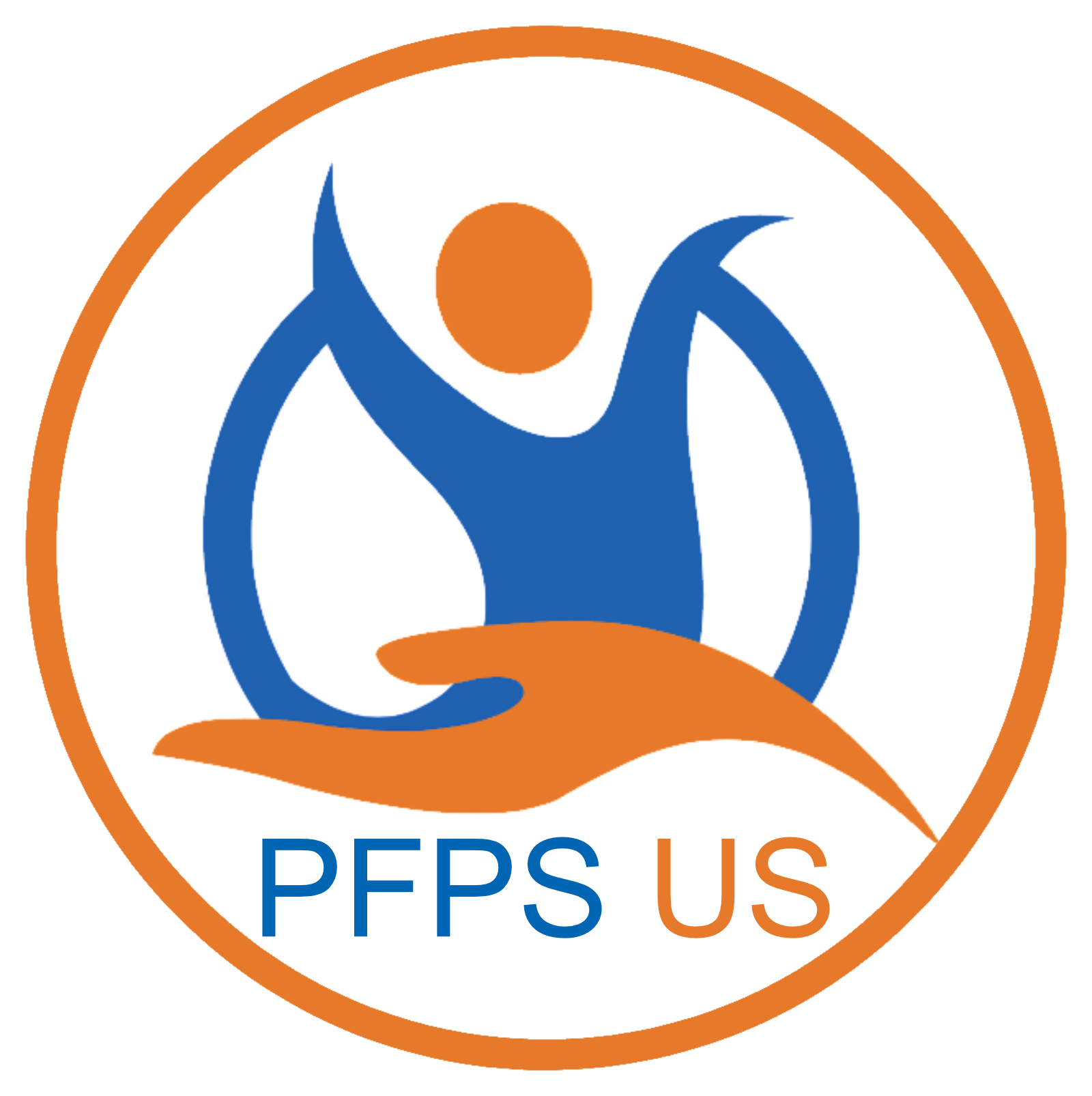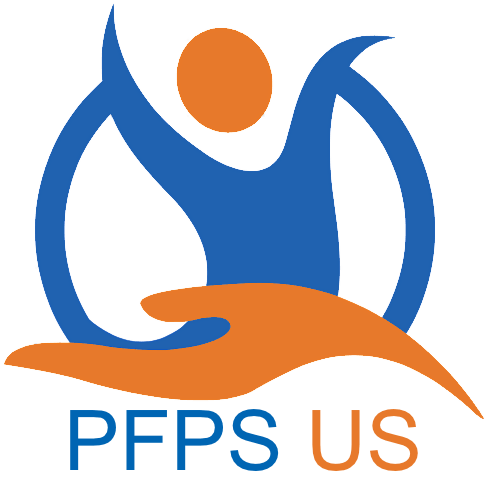Suz Schrandt
Suz Schrandt is a patient and patient engagement advocate with a health and disability law and policy background. She is the Founder and CEO of ExPPect, a patient engagement initiative focused on improving healthcare and research through the expertise and partnership of skilled patients. Schrandt previously served as the Director of Patient Engagement at the Arthritis Foundation and as the Deputy Director of Patient Engagement for the Patient-Centered Outcomes Research Institute (PCORI); in both capacities she led the development and execution of patient engagement strategies to support research, medical product development, care delivery, and other innovation. Before joining PCORI, Schrandt served as the Health Reform Team Leader for the Kansas Health Institute.
Schrandt’s passion for patient engagement began with her own experience, having been diagnosed with polyarticular juvenile idiopathic arthritis as a teenager, several years before the first biologics were available. She has undergone multiple joint replacement and other orthopedic surgeries and has logged over thirty years of first-hand experience with the healthcare system. Since shortly after her diagnosis, she has been involved in patient-led clinical training aimed at increasing early diagnosis and appropriate, patient-centered management of illness and disease, both as a patient instructor herself and now training and supporting other patients to use their lived experience as an invaluable teaching tool.
Schrandt is one of nine voting members on the FDA’s Patient Engagement Advisory Committee, and serves on the NIH’ National Institute of Arthritis and Musculoskeletal and Skin Diseases Advisory Committee, the Geneva Foundation’s Scientific Advisory Board, and the Innovation and Value Initiative’s Board of Directors. She served as the inaugural Chairperson for the International Society of Pharmacoeconomics and Outcomes Research (ISPOR) Global Patient Council from 2018 – 2021, as chairperson for ISPOR’s North American Patient Representative Roundtable from 2016 – 2018, and as co-chair of the Patients as Partners conference from 2016 -- 2018. She has been an invited speaker at numerous national and international conferences. Schrandt received her law degree from the University of Kansas School of Law and has co-authored multiple peer-reviewed articles on the value and importance of patient engagement.
Schrandt’s first connection to patient safety was through her clinical training work in diagnostic quality, witnessing the devastating impact of delayed diagnosis in fellow patients with rheumatologic disease, and working to improve awareness and early identification of symptoms. However, in 2015, she underwent her own series of medical errors when she required a total left wrist replacement, her fourth joint replacement surgery. Despite explaining a history of unexplained, excessive bleeding events following the three prior surgeries, and the necessary steps to keep her safe (performing the procedure inpatient, leaving a surgical drain in place, and keeping ample blood units on hand), the surgeon assured her he would be able to manage any bleeding concerns through cauterization. Within 12 hours of the (outpatient) surgery, she knew something was wrong. Over the next 48 hours she sent text messages, photos, and was seen in clinic, but the reports of “unusual” and significant pain, numbness and tingling, and eventually, complete loss of voluntary movement were dismissed as normal healing. It was only when large blisters—an objective finding—appeared all over the hand and wrist, that she was told to report to the ER for a direct admit. The ultimate diagnosis was of a compartment syndrome-like event, due to excessive post-surgical bleeding that, without a surgical drain, had no place to go. She sustained permanent nerve damage to her fingertips, but thankfully she did not lose her hand or any fingers. She (and her health insurer) paid for all of the additional care and rehabilitation.


